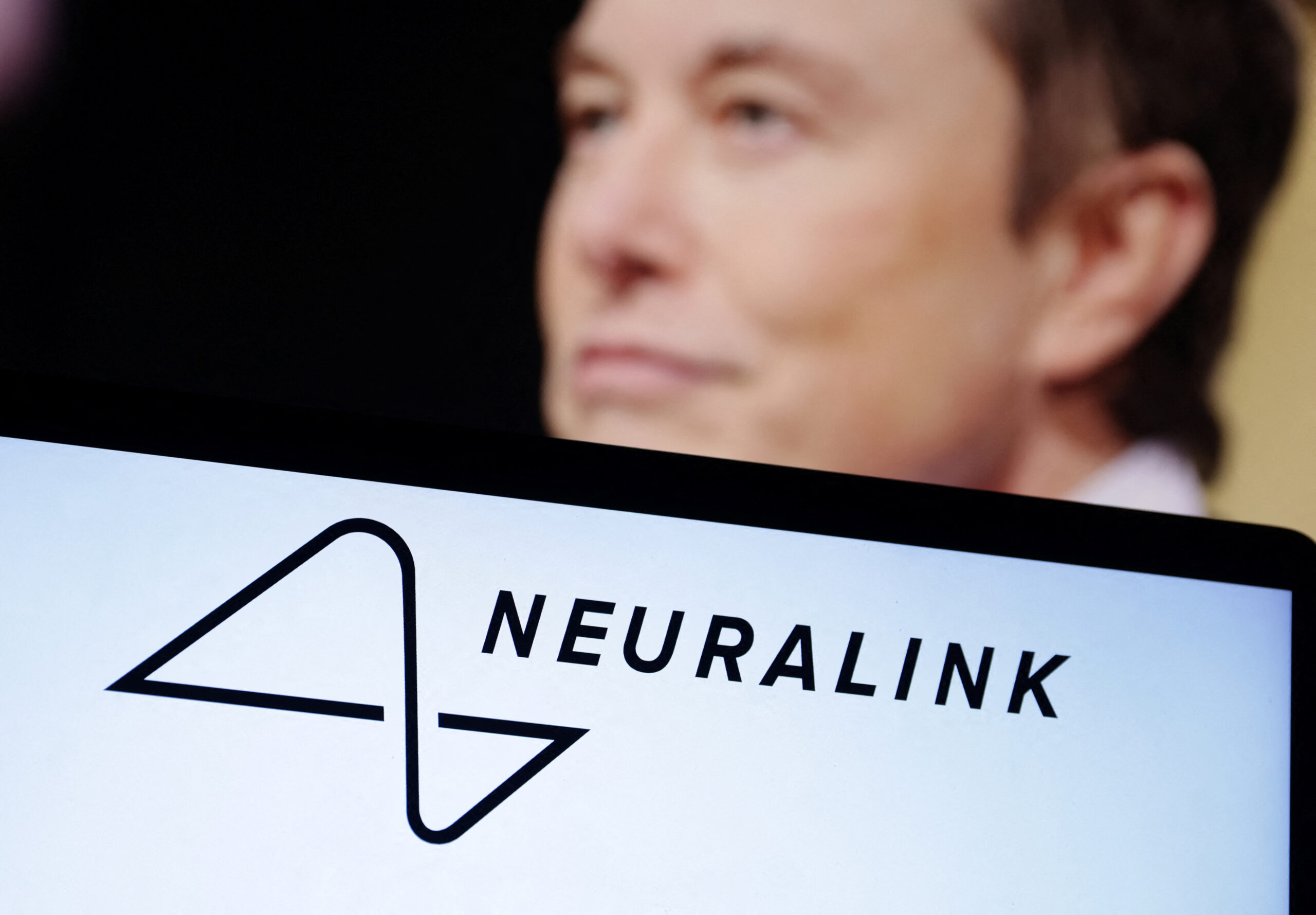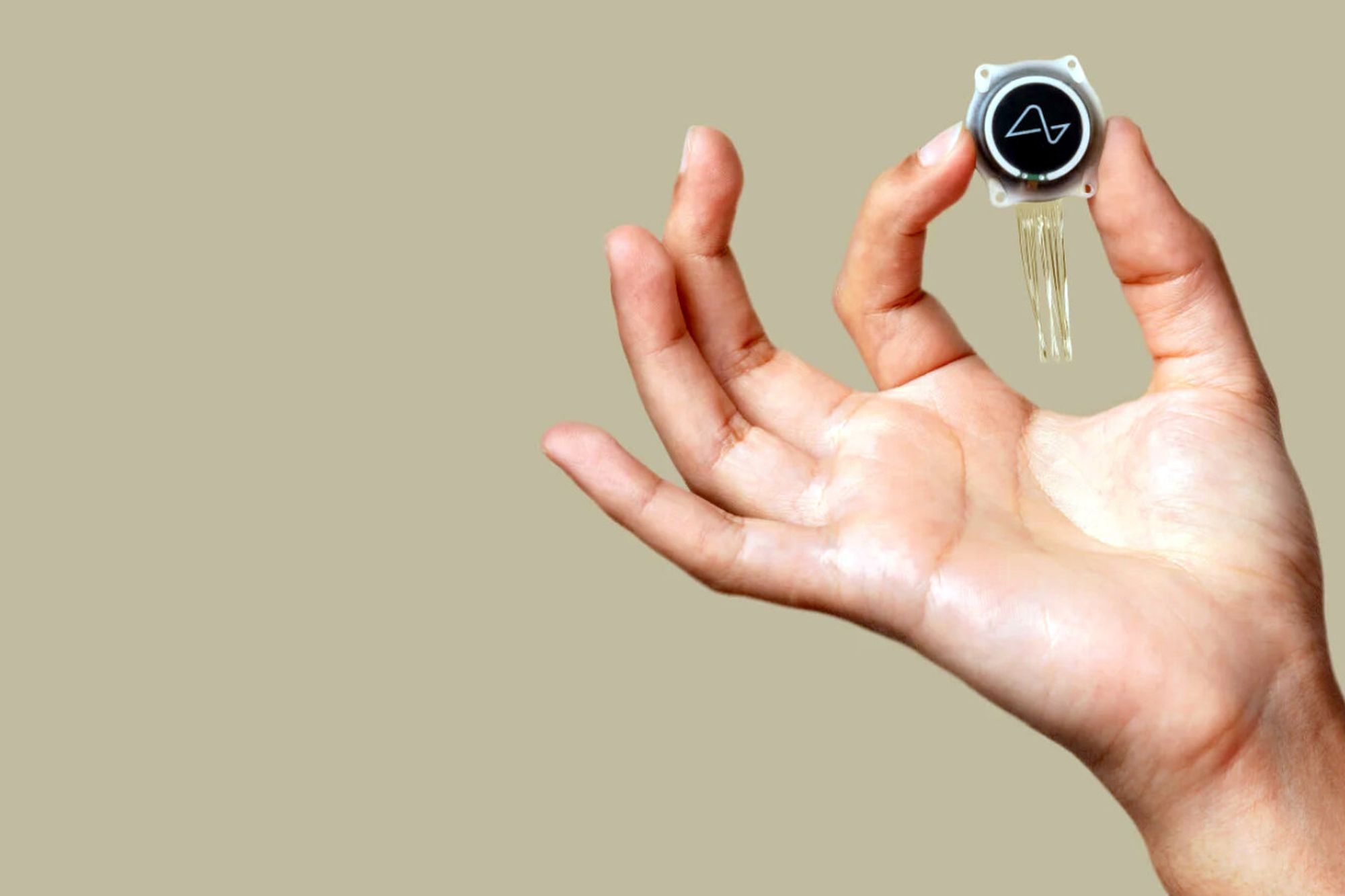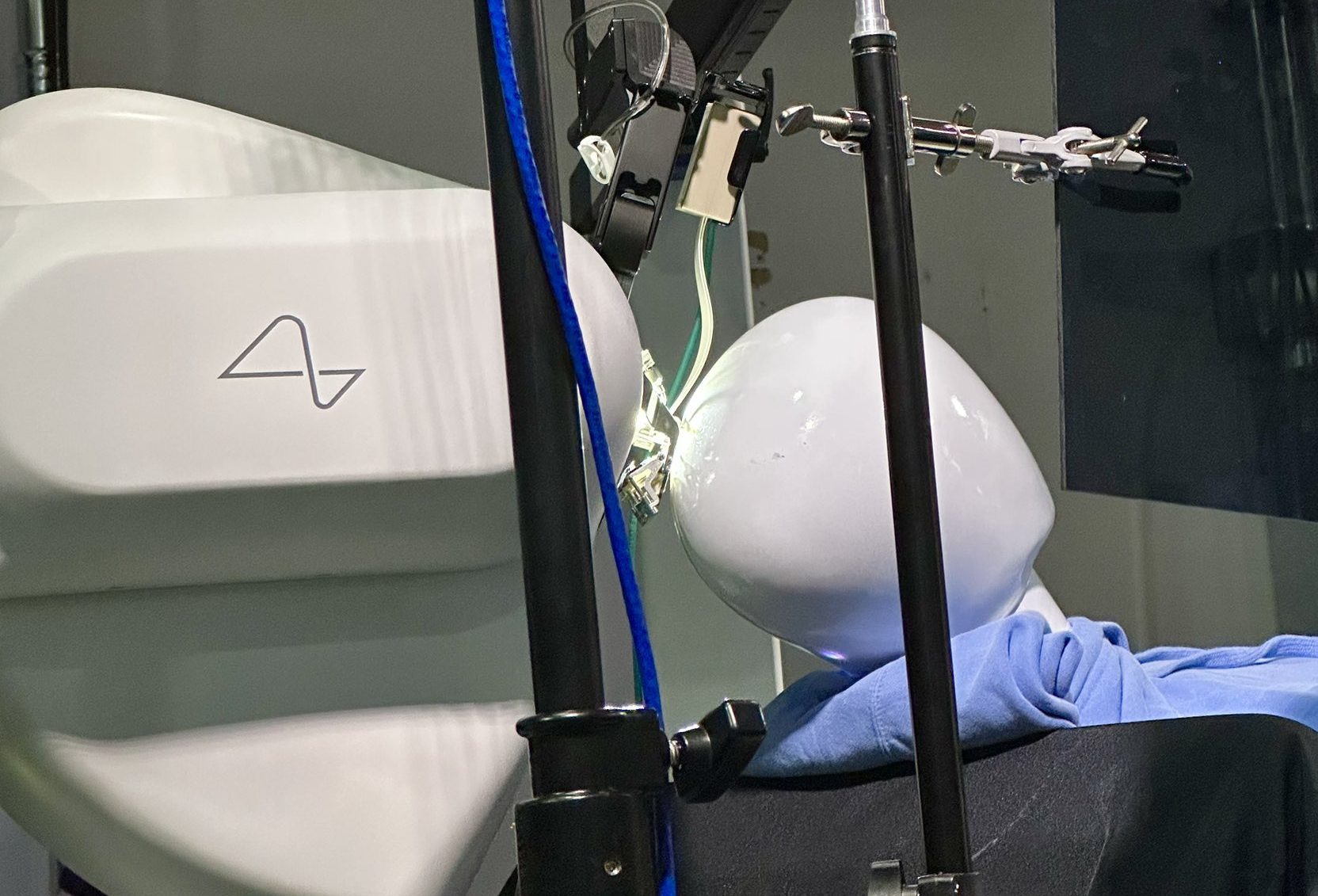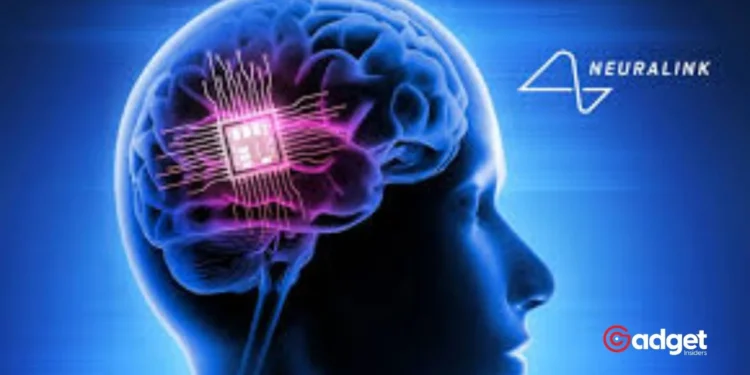In a pioneering medical procedure, Noland Arbaugh became the first human to have a Neuralink device implanted in his brain. The surgery, which took place in January, was a significant milestone not just for Arbaugh, but for Neuralink as well.
Arbaugh entered the surgery with a serene mindset, driven by his strong faith in God and confidence in the surgical team. “I was at peace with it all,” he recounted, highlighting his trust in the expertise of the nurses and surgeons involved.

Risks and Resilience: Facing Potential Consequences
Understanding the gravity of the procedure, Arbaugh had prepared for all outcomes, including the possibility of becoming mentally handicapped. He had expressed to his parents that should the worst happen, he did not want them burdened with his care. This stark admission underscores the risks associated with such groundbreaking medical technology.
Technical Challenges and Emotional Struggles
The journey post-surgery was not without its hurdles. Arbaugh revealed that the implant had initially retracted from his brain due to unexpected movements within the brain tissue. Rather than reinserting the device, the Neuralink team opted to make software adjustments to resolve the issue. This setback deeply affected Arbaugh, “It hurt emotionally because I thought I wasn’t going to be able to use the device anymore,” he shared, reflecting on the emotional rollercoaster following the surgery.

A New Way of Living: The Impact of Neuralink’s Technology
Despite the initial challenges, the Neuralink device has significantly enhanced Arbaugh’s daily life. He now uses the implant to send messages on X, browse Instagram, respond to emails, engage in fantasy sports, read comics online, and even learn Japanese.
This integration of technology has not only improved his communication skills but has also made him feel more connected to the world around him. “It’s made me a better texter and more capable of interacting with people on social media,” Arbaugh noted, optimistic about the broader implications of his experiences.

Looking Forward: A Future Shaped by Innovation
Noland Arbaugh’s experience with Neuralink’s brain-chip technology marks a crucial step forward in the integration of biotechnology with human cognition. As he adapts to life with the implant, his story offers a glimpse into the potential future of human-machine interaction, where such technologies could fundamentally alter our daily lives and capabilities.










